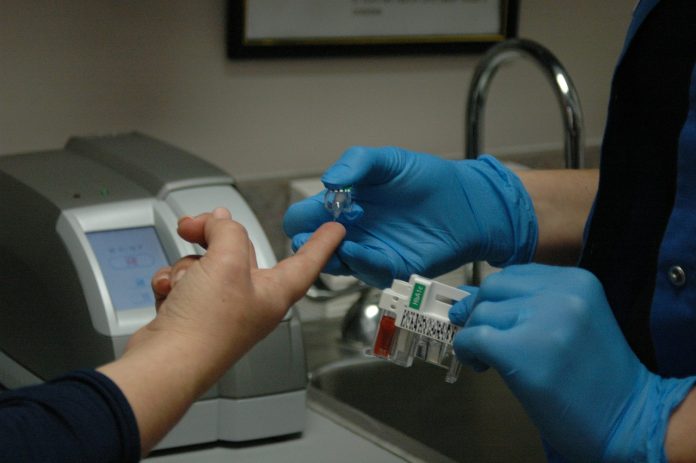
If your insulin reserve (C-Peptide levels) has dropped significantly over the last year, what are some foods/diet tips that could help prolong being diagnosed as Type 1 Diabetic?
Hopefully, your doctor discussed why s/he ordered a C-Peptide blood test and how the amount reflects how much insulin you are producing. If not it would be good to have that talk on your next doctor visit.
Here is a brief description of the relationship between the two. When your pancreas releases insulin, it also releases C-Peptide. So measuring C-Peptide can help your doctor determine how much insulin you are producing and determine when you need to start taking insulin shots. The important goal to focus on is keeping your blood glucose within normal ranges and if you need to start on insulin, then that is the best treatment.
Unlike Type II diabetes, Type I diabetes develops because your immune system attacks the beta cells in your pancreas so they make less insulin. The treatment is insulin shots. Talk to your doctor about getting an insulin pump when the time comes you need more insulin.
To help your body use the insulin you do produce, I would suggest you limit carbohydrate-containing foods to 2 to 3 servings per meal and 1 to 2 carbohydrate servings per snack. One carbohydrate serving has 15 grams of carbohydrate or the amount in 1 slice of bread, 1/2 cup of fruit juice or 1 cup of milk. I would highly recommend you ask your doctor for a referral to a dietitian who can provide you with a diabetes nutrition therapy and an eating plan that spreads out carbohydrate foods over 3 meals and a snack.
Foods with carbohydrates are grains and starches including starchy vegetables, dairy including milk and plain yogurt, and fruit (fresh, juice, canned in fruit juice and dried). When you eat yogurt, stir in your favorite fresh fruits rather than buying sweetened fruit yogurt in the store. Spreading out the carbohydrate you eat per day will help keep your blood sugar within normal ranges.
I would not recommend eating sweets or foods with added sugar. Read the food label and if sugar is one of the first 4 words on the package ingredient listing, it is too high in sugar for you. The FDA now requires added sugars on labels so become an avid food label reader. Choose foods with 0 grams of added sugars. Buy plain simple foods rather than processed and packaged foods because the food manufacturer has decided how much sugar to add. Then cook at home from recipes so you control how much carbohydrate ingredients are in the food you eat.
Are you testing your blood sugar before breakfast and before your evening meal? This provides feedback on what your blood glucose is during the day and helps you adjust your intake of carbohydrate foods.
Do not follow a low-carbohydrate diet thinking this will help. When carbohydrates are not eaten, your body will incompletely break down the fat you eat and your body fat to provide fuel for your activities. This incomplete product is ketones. In a person with diabetes, ketones build up in the blood when blood sugar is not available due to inadequate insulin. This can result in ketoacidosis which would increase the likelihood of your starting insulin sooner in order to control your blood sugar. Your doctor will be testing your urine for ketones.
If you are overweight for height, I would also suggest losing weight gradually and exercising with your doctor’s recommendation. Increased body weight means increased body fat which contributes to insulin resistance. That means that insulin and your blood sugar have a harder time getting into cells to provide fuel for your body with the result that it takes more insulin to metabolize your blood glucose in order to lower your blood sugar.



